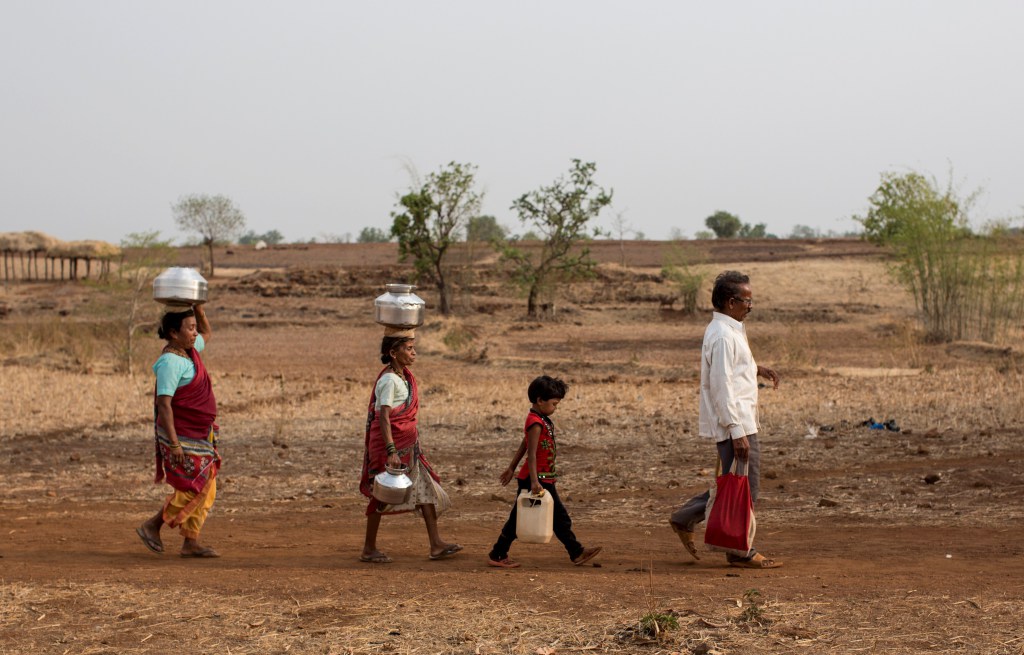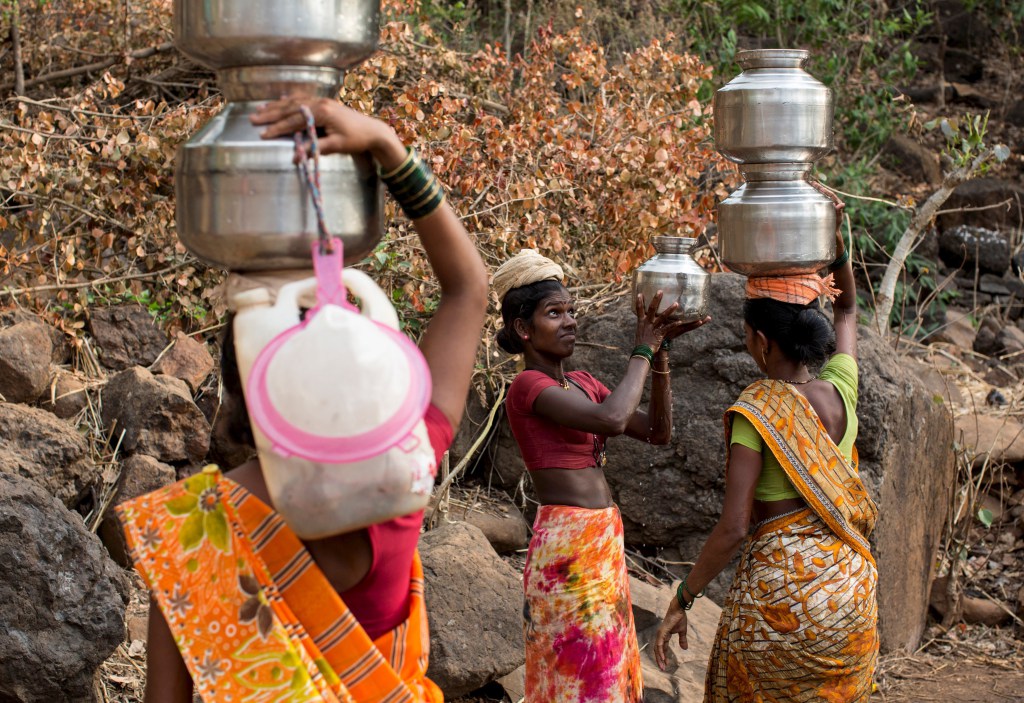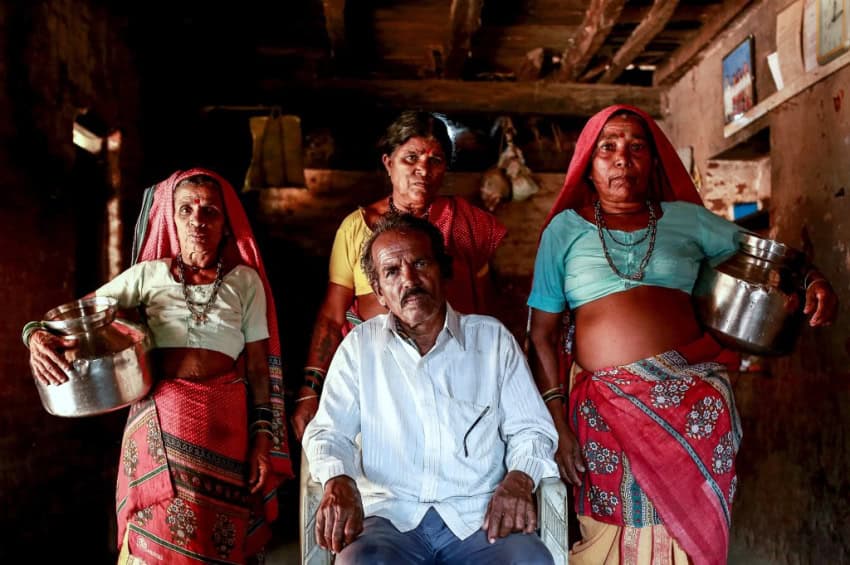MUMBAI (Web Desk) – In some parts of India, water-carrying is so much “women’s work” that it is common practice for men to recruit water carriers to haul heavy buckets to and from distant wells by marrying them.



An estimated 19,000 villages ran dry in 2014, according to Indian government survey. Water shortages are common but deadly; in rural areas across India, more than 500 people died last week from heatstroke and dehydration.
And while polygamy here is technically illegal, it’s more dependable than cloud-seeding, a tactic recently introduced by desperate local officials to make up for the meager monsoon.

The gendered logic embedded within this survival tactic—that lifting and carrying is, in fact, women’s work—should come as no surprise.
From sub-Saharan Africa to Mongolia, three out of four homes without running water depend on women to bridge the plumbing gap. They walk miles to fill up buckets, according to this 2011 UN report.














